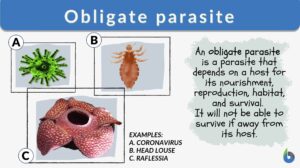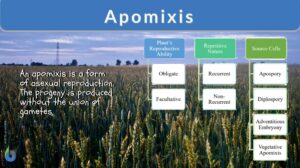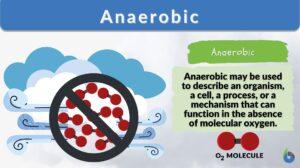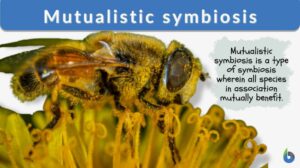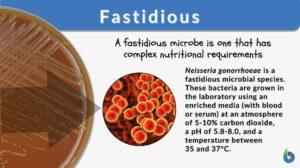Search Results for: facultative species
Facultative species
Facultative species (Science: ecology) species that can occur both in wetlands and uplands, there are three subcategories of... Read More
Facultative anaerobe
Facultative Anaerobe Definition What does facultative anaerobe mean? Facultative organisms are the most adaptable... Read More
Facultative
Definition adjective (1) Not compulsory; not restricting. (2) Of, or relating to, mental faculty. (biology) Capable of... Read More
Parthenogenesis
To reproduce, by definition, means to produce new offspring. The process is referred to as reproduction, which is one of the... Read More
Aerotolerant
Aerotolerant Definition The term "aerotolerant" pertains to an organism that does not require oxygen for growth but can... Read More
Aerobic bacteria
Aerobic Bacteria Definition What does aerobic mean in biology? As the name suggests, 'aerobe' in biology means organisms... Read More
Obligate parasite
Parasitism is a form of symbiosis that occurs between a parasite and its host. The parasite is the organism that generally... Read More
Parasitism
Organisms depend on different sources of food to survive. Larger organisms like plants make their own food (autotrophs) and... Read More
Obligate aerobe
Before we define obligate aerobes, let us first understand and define aerobic organisms. Aerobic organisms are those that... Read More
Thermophile
Thermophiles Definition What are thermophiles? Let us first understand the literal meaning of the word ‘thermophile’.... Read More
Mutualistic symbiosis
Mutualistic Symbiosis Definition In order to understand what a mutualistic symbiotic relationship means, we will break down... Read More
Community Patterns
By: Maria Victoria GonzagaIn the previous lesson, we learned what a population is, its attributes, and processes... Read More
Eubacteria
Eubacteria are prokaryotic microorganisms consisting of a single cell lacking a nucleus and containing DNA is a single... Read More
Fermentation
Fermentation Definition What is fermentation? Fermentation is the breaking down of sugar molecules into simpler compounds... Read More
Hyperthermophile
Definition noun, plural: hyperthermophiles An organism that is adapted to live and thrive at temperature as high as 80°C... Read More
Fastidious
Fastidious Definition We can define fastidious as a term used in microbiology to denote a species that lacks the ability to... Read More
Asexual reproduction
Asexual Reproduction Definition What is asexual reproduction? Asexual reproduction is a type of reproduction that does not... Read More
Streptococcus
Definition noun, plural: streptococci (1) A genus of bacteria characterized by being coccus, Gram-positive, and occurring in... Read More
Diazotroph
Definition noun, plural: diazotrophs A microorganism capable of assimilating and fixing atmospheric nitrogen... Read More
Proteobacteria
Definition noun (taxonomy) A phylum of the domain Bacteria that includes medically and scientifically important species such... Read More
Escherichia coli
Definition A Gram-negative, facultatively anaerobic, rod-shaped species belonging to the family... Read More
Alkaliphile
Definition noun, plural: alkaliphiles An organism that can live and thrive in an alkaline environment Supplement An... Read More
Obligate mutualism
Definition noun A type of mutualism in which the species involved are in close proximity and interdependent with one... Read More
Staphylococcus epidermidis
Definition Noun A gram-positive facultative bacterium that produced slime for adhesions associated with endocarditis and... Read More
Staphylococcus aureus
Definition Noun A gram-positive spherical and facultative bacterium arranged in cluster involved as pathogens of several... Read More
Enterobacteriaceae
Definition noun: (taxonomy) A family of gram-negative bacilli that inhabit the large intestine of humans and other... Read More
Lactobacillus casei
Definition noun A non-pathogenic and harmless bacterium recognized widely as probiotics that controls growth of various... Read More
Facultative mutualism
Definition noun A type of mutualism in which the interacting species derive benefit from each other but not being fully... Read More





